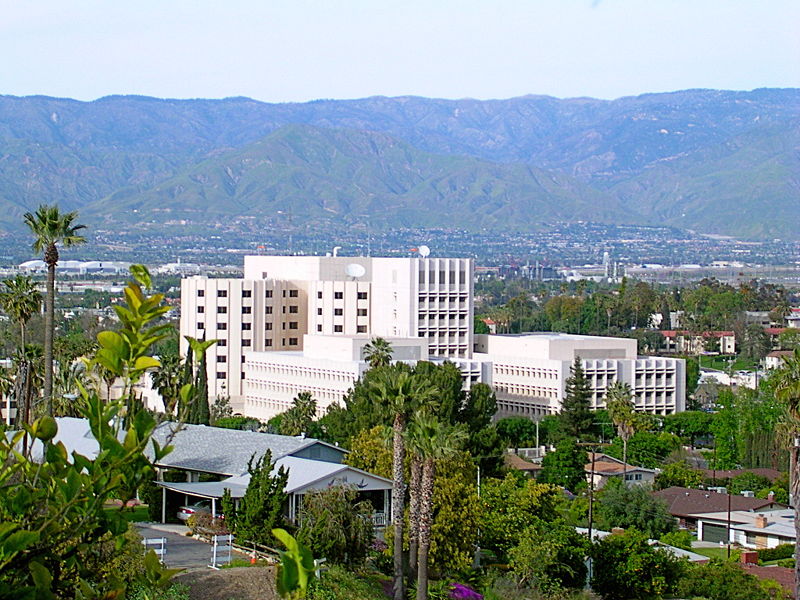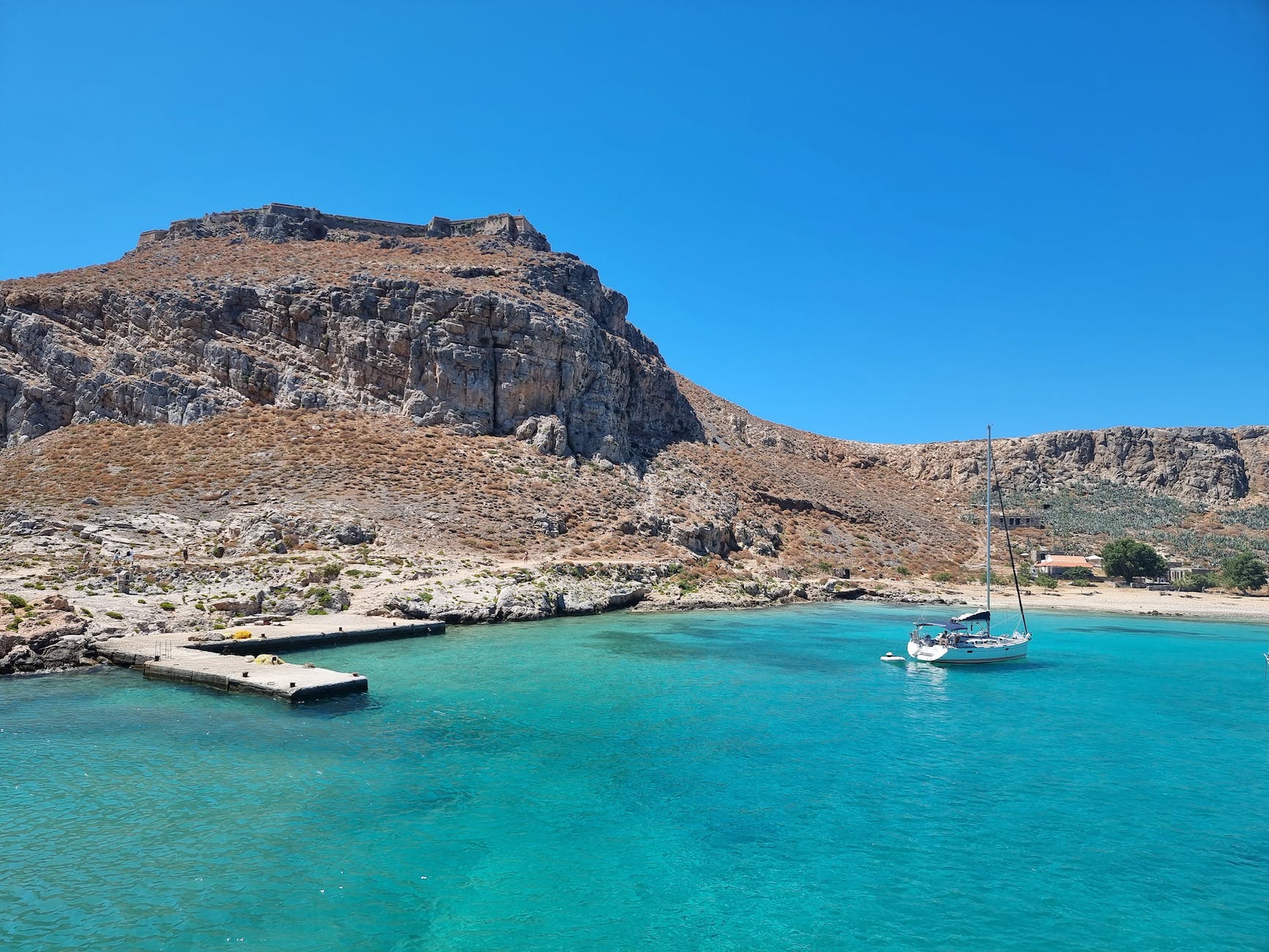Amidst the chaos and haste of modern life, there exist scattered pockets of populations where people defy the odds by living remarkably long and vibrant lives. These extraordinary regions, known as Blue Zones, have captured the attention of scientists and health enthusiasts worldwide, offering a glimpse into the secrets of longevity. Crete, although not officially a Blue Zone, it has has several Blue Zone characteristics worth exploring.
- Blue Zones
- The 5 Blue Zones
- Power 9®
- The Pillars of Blue Zones
- Mediterranean Blue Zones
- Crete: A Third Mediterranean Blue Zone?
Blue Zones
The concept of Blue Zones emerged from the work of Dan Buettner, a National Geographic Fellow and journalist, who embarked on a quest to identify the world’s longest-living people and uncover the common denominators that contributed to their exceptional longevity. His research led him to five specific regions – Okinawa, Japan; Sardinia, Italy; Loma Linda, California; Nicoya, Costa Rica; and Ikaria, Greece – where the concentration of centenarians was significantly higher than in the rest of the world. Dan Buettner published his first book on the subject in 2010, Blue Zones, The: Lessons for Living Longer From the People Who’ve Lived the Longest (no affiliate link), which is a fascinating read. This has been popularized in 2023 through the Netflix series Live to 100: secrets of blue zones (no affiliate link).
The 5 Blue Zones
Okinawa, Japan
Okinawa, an island in southern Japan, is home to a remarkable number of centenarians, with over 500 people living past the age of 100. The Okinawan diet is rich in fruits, vegetables, and whole grains, and they also consume moderate amounts of fish and red wine. Okinawans are also known for their strong sense of community and their practice of “ikigai,” a concept that translates to “reason for being.”

Sardinia, Italy
Sardinia, an island off the coast of Italy. Barbagia region in Sardinia is a Blue Zone with a high concentration of centenarians. Sardinians are known for their adherence to a traditional Mediterranean diet, which is rich in fruits, vegetables, legumes, and whole grains. They also consume moderate amounts of red wine and cheese. Sardinians are also known for their strong sense of community and their close-knit families.

Loma Linda, California, USA
Loma Linda, a small town in California, is home to a large community of Seventh-day Adventists, who are known for their healthy lifestyle habits. Adventists typically follow a vegetarian or vegan diet, and they avoid alcohol, tobacco, and caffeine. They are also known for their strong sense of community and their emphasis on social and emotional well-being.

Nicoya Peninsula, Costa Rica
The Nicoya Peninsula, located in the northwest corner of Costa Rica, is home to a group of people who have been dubbed the “world’s healthiest.” Nicoyans are known for their active lifestyles, their diets rich in fruits, vegetables, and whole grains, and their strong sense of community. They also have a tradition of taking siestas, which they believe helps to reduce stress and promote longevity.

Ikaria, Greece
Ikaria, a small island in the Aegean Sea, is home to a group of people who are said to have the “secret to eternal youth.” Ikarians are known for their slow-paced lifestyle, their diets rich in fruits, vegetables, and fish, and their strong sense of community. They also have a tradition of drinking herbal teas, which they believe helps to promote longevity.

Power 9®
Buettner’s investigations revealed nine key lifestyle habits that were prevalent among the inhabitants of these Blue Zones, collectively known as the Power 9®. These principles encompass various aspects of life, including:
- Move Naturally: Integrate physical activity into daily routines, often in the form of leisurely walking or gardening.
- Purposeful Living: Find a sense of purpose in life, often derived from work, family, or community engagement.
- Downshift: Effective stress-management techniques such as meditation, yoga, or spending time in nature.
- 80% Rule: Eat until you’re 80% full. This results in very effective weight management.
- Plant Slant: Base your diet on plants.
- Wine @ 5: Drink alcohol moderately and regularly with friends and/or with your meals.
- Belong: Join a faith-based community, irrespective of the denomination.
- Loved Ones First: Prioritize your family and look after your aging parents and grandparents.
- Right Tribe: Surround yourself with optimistic and supportive friends.
By adopting these Power 9® principles, individuals can significantly increase their chances of living a longer, healthier, and more fulfilling life. The Blue Zones serve as powerful testaments to the profound impact of lifestyle choices on our well-being, offering a roadmap towards achieving longevity and vitality.
The Pillars of Blue Zones
The 9 aspects of Power 9® framework can be grouped into 4 pillars, namely:
- Movement: Regular physical activity integrated into daily routines, often in the form of leisurely walking or gardening.
- Eat Wisely (80% Rule | Plant Slant | Wine @ 5): A predominantly plant-based diet rich in fruits, vegetables, and whole grains, with moderate consumption of fish and red wine.
- Right Outlook (Sense of Purpose | Downshift): A strong sense of purpose in life and effective stress-management.
- Social Connection (Belong | Loved Ones First | Right Tribe): Strong social ties and a sense of belonging within a supportive community.

Mediterranean Blue Zones
Two of the five Blue Zones, Sardinia, Italy and Ikaria, Greece, are located in the Mediterranean region. This is likely due to a number of factors, including:
- The Mediterranean diet: The Mediterranean diet is known for its many health benefits, including a reduced risk of heart disease, stroke, and type 2 diabetes. It is also high in antioxidants, which can help protect against cell damage and aging.
- Climate: The Mediterranean climate is mild and sunny, which encourages people to be outdoors and active. This can help to reduce stress and promote overall health.
- Lifestyle: People in the Mediterranean region tend to have a more relaxed and stress-free lifestyle than people in other parts of the world. This can help to promote longevity.
- Sense of community: People in the Mediterranean region tend to have a strong sense of community and belonging. This can help to provide social support and reduce stress.
As a result of these factors, people in the Mediterranean region tend to live longer and healthier lives than people in other parts of the world. This is why two of the five Blue Zones are located in this region.

Crete: A Third Mediterranean Blue Zone?
While there are five officially recognized Blue Zones – Okinawa, Japan; Sardinia, Italy; Loma Linda, California; Nicoya, Costa Rica; and Ikaria, Greece – there is growing evidence that other regions may also share these hallmarks of longevity. Two of them, namely Sardinia and Ikaria, are Mediterranean islands. Is Crete, the largest and most populous island in Greece, a candidate for joining the Blue Zone prestigious group?
Life expectancy
Cretans boast an impressive life expectancy, with men averaging 82 years and women 85 years, significantly higher than the global average. This longevity is supported by a wealth of scientific evidence. A 2013 study published in the journal “Gerontology” found that Cretans had a 30% lower risk of dying from all causes compared to the general Greek population. The study also found that Cretans had a significantly lower prevalence of chronic diseases such as heart disease, stroke, and cancer. In addition to their impressive life expectancy, Cretans also enjoy a high quality of life.
Crete and Power 9® framework
Looking at how well the Cretan way of life aligns with the Power 9® framework of Blue Zones, Cretan diet (closely aligned with the Mediterranean diet) is rich in fresh fruits, vegetables, olive oil, and whole grains (“Eat Wisely” pillar). Physical activity is also deeply ingrained in Cretan culture, with traditional dances, hiking, and gardening being very popular (“Movement” pillar). A 2012 study published in the journal “Preventive Medicine” found that Cretans were more likely to meet the World Health Organization’s recommendations for physical activity compared to the general Greek population. Moreover, Cretans exhibit a strong sense of community and purpose, often gathered in small villages where family and social bonds are deeply valued (“Social Connection” pillar). A 2017 study published in the journal “Social Science & Medicine” found that Cretans had a higher level of social cohesion compared to the general Greek population. Their approach to life is characterized by a laid-back attitude, often referred to as “siga-siga” or “slowly, slowly,” reflecting a prioritization of enjoying the present moment and minimizing stress (“Right Outlook” pillar). A 2018 study published in the journal “Health and Place” found that Cretans had a higher level of self-rated health compared to the general Greek population. The study also found that Cretans were more likely to report feeling happy and satisfied with their lives. Therefore, evidence suggests that Crete may indeed be an undiscovered Blue Zone.
Regarding Cretan diet, there are additional scientific studies that support the notion that Crete could be a Blue Zone:
- A 2009 study published in the journal “The American Journal of Clinical Nutrition” found that the Cretan diet was associated with a lower risk of heart disease.
- A 2011 study published in the journal “PLOS One” found that the Cretan diet was associated with a lower risk of type 2 diabetes.
- A 2015 study published in the journal “The Journal of Nutrition” found that the Cretan diet was associated with a lower risk of Alzheimer’s disease.
These studies suggest that the Cretan diet is not only associated with longevity, but also with a reduced risk of several chronic diseases. This is likely due to the diet’s high intake of fruits, vegetables, whole grains, and olive oil.
Crete: A Potential Blue Zone You Can Easily Experience
Crete, with its thriving tourism industry and well-developed infrastructure, is easily accessible to visitors from around the globe. Direct flights connect major international airports to Crete’s Heraklion and Chania airports, making it a convenient destination for those seeking to experience the island’s unique culture, food and life-prolonging lifestyle. Once on the island, a comprehensive transportation network of buses, taxis, and rental cars allows for seamless exploration of Crete’s diverse landscapes and charming villages.
Additionally, Cretan products have gained global recognition and are increasingly available in supermarkets, specialty stores, and online retailers worldwide. Olive oil, a staple of the Cretan diet, is widely exported, while other delicacies such as cheese, herbs, and wines are also finding their way onto international shelves. This increasing availability of authentic Cretan products makes it easier than ever for individuals worldwide to incorporate the Blue Zone-like Cretan diet into their own lives.
Will Crete Join Blue Zones?
While Crete has not yet been officially designated as a Blue Zone, its remarkable demographics and lifestyle patterns suggest that it may indeed hold the key to longevity. Further research is needed to fully understand the unique factors contributing to the health and longevity of Cretans, but their lifestyle offers valuable insights into the pursuit of a longer, healthier life.
Whether or not Crete officially joins the ranks of Blue Zones, its people have undoubtedly discovered a recipe for a long and fulfilling life. Their embrace of a natural diet, regular physical activity, strong social ties, and a relaxed approach to life serves as a beacon of inspiration for those seeking to enhance their own well-being and longevity.

